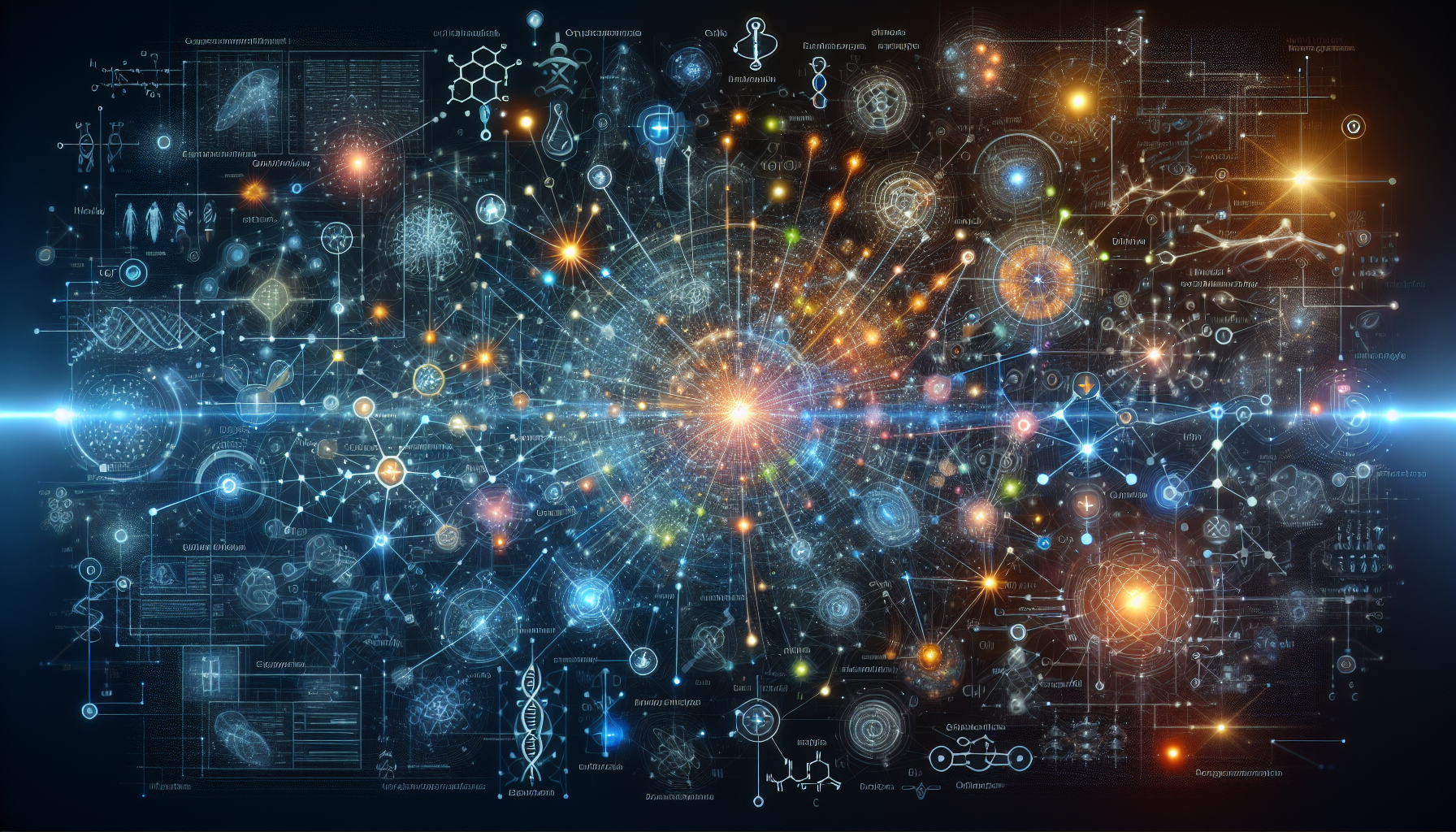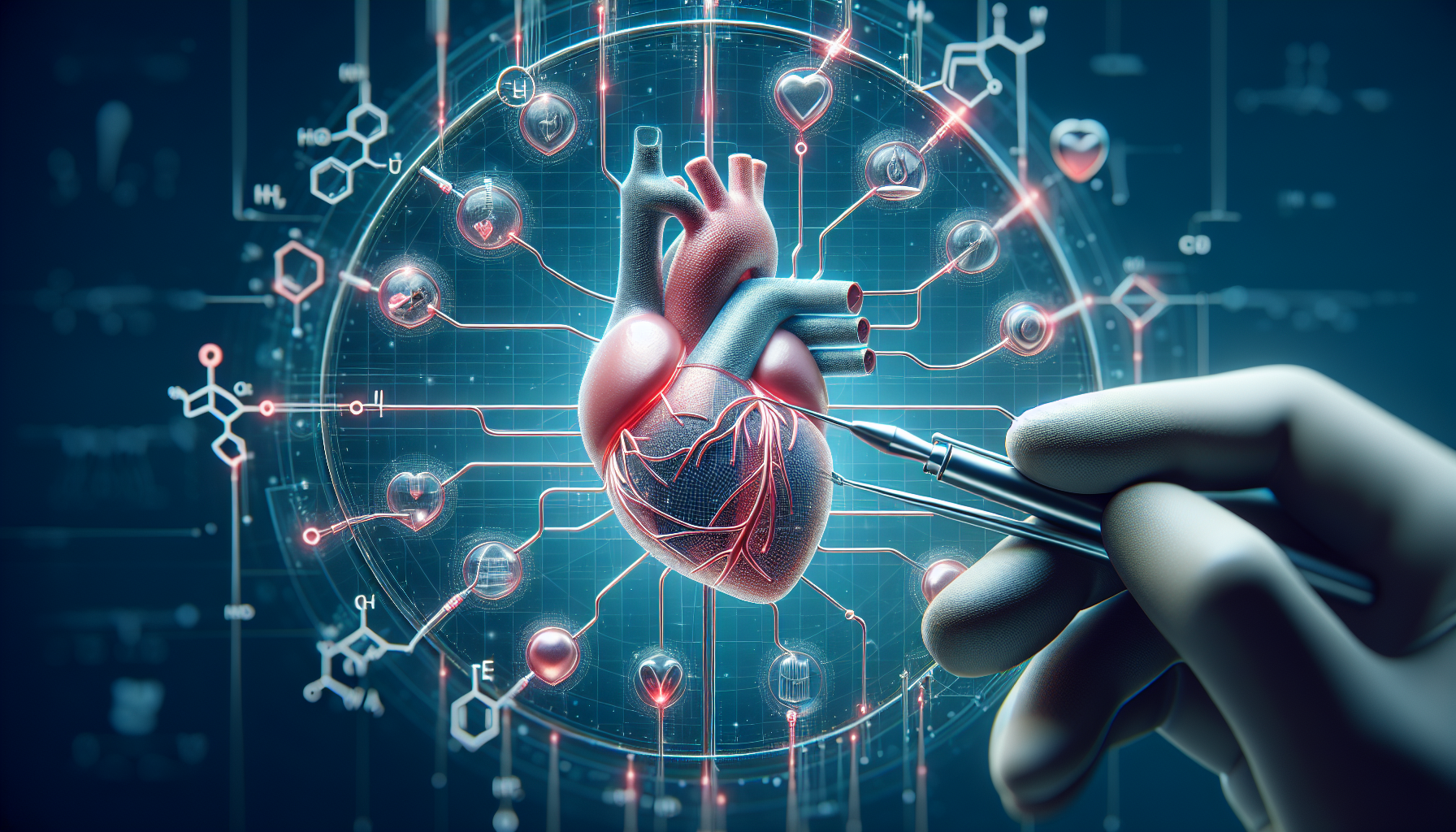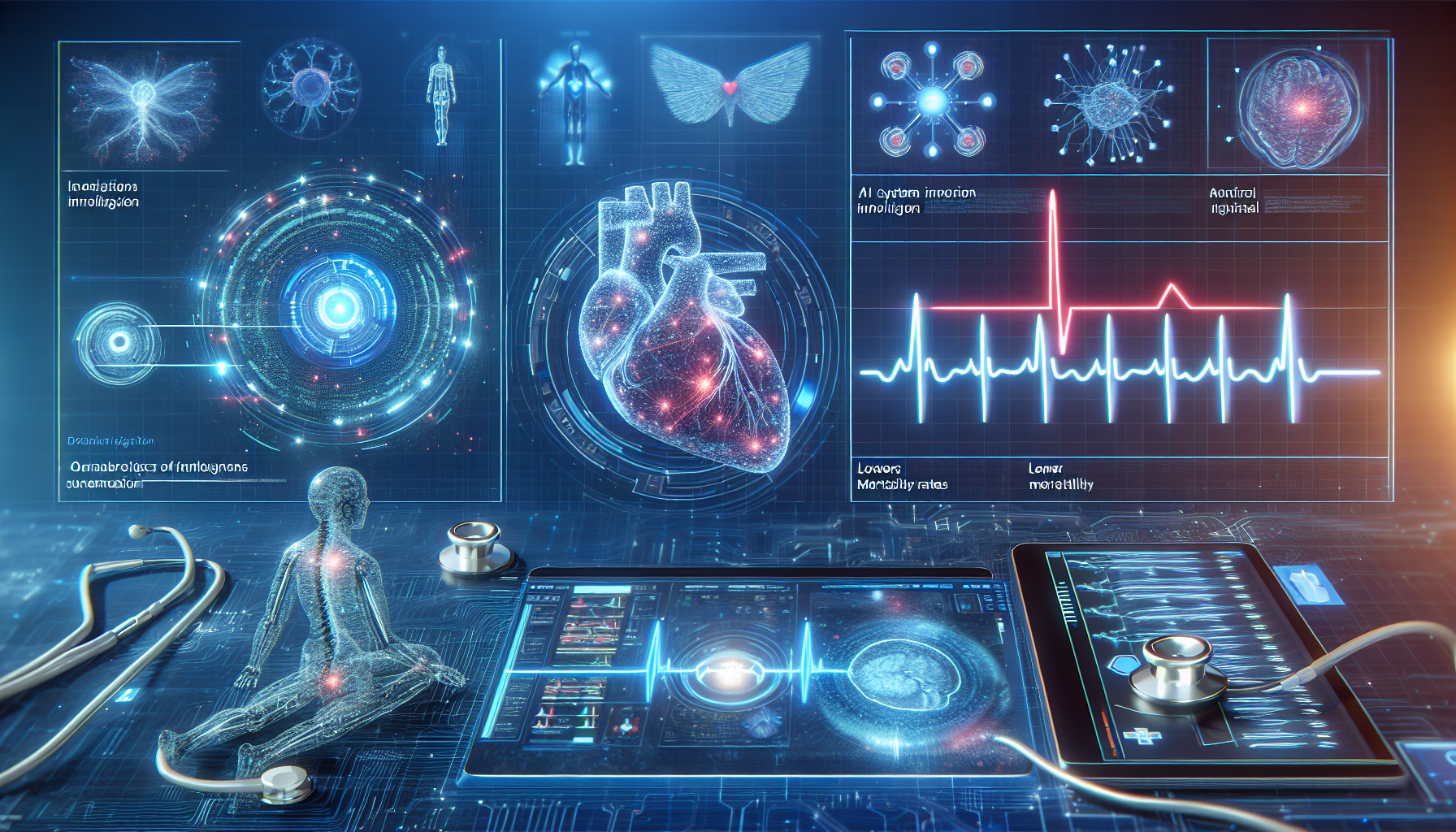Revolutionizing Dementia Care: The Promise of AI-Enhanced Neurotechnology
Key Takeaways
- Neurotechnology powered by artificial intelligence offers hope for restoring communication abilities in dementia patients, significantly improving their quality of life.
- Advanced neurotech devices decode neural signals into speech or text, providing a new means of expression for those unable to communicate due to neurological disorders.
- Collaboration among AI, neuroscience, and technology hardware experts is crucial for developing accessible and effective neurotech solutions for both clinical and everyday use.
Did You Know?
The Silent Struggle of Dementia Patients
Dementia and other neurological disorders severely impair the ability of millions to communicate, effectively isolating them within their own minds. This not only poses a significant medical challenge but also a deep, personal crisis for both patients and their families. As traditional treatments like pharmaceuticals only manage symptoms without overcoming communication barriers, the need for innovative solutions is critical.
The Dawn of Neurotech in Healthcare
Recent advancements in neurotechnology, powered by artificial intelligence (AI) and machine learning, are beginning to show promise in bridging these gaps. This emerging field offers hope for creating tools that could potentially restore the ability to communicate for those affected by neurological conditions. By interpreting brain activity and translating it into speech or text, neurotech could give a voice back to those who have lost it due to illness.
The Mechanics of Neurotech
Innovative neurotech devices utilize advanced brain imaging techniques to decode the neural signals of those who cannot speak or write. These devices, which combine sophisticated hardware with intelligent software, are designed to interpret thoughts and convert them into understandable language. This could significantly alter the landscape of care, providing a new form of expression for patients suffering from severe communication blocks.
Pioneering Projects and Their Impact
Groundbreaking research is continuously unveiling new potentials within this field. For instance, projects that convert brainwaves into visual images or text are making strides in how we understand and interact with brain function. These technologies are not just theoretical but are being actively developed to reach practical applications, potentially allowing real-time communication aids for those in need.
Real-World Applications and Accessibility
The goal is to make these advanced technologies accessible not only in clinical settings but also for everyday use by individuals at home. By reducing costs and simplifying the technology, neurotech devices could soon be as common as household medical tools, like blood pressure monitors, making them a crucial component in managing dementia and enhancing the quality of life for patients and their families.
A Call to Action for Innovation and Collaboration
The development of neurotech requires collaboration across various fields including AI, neuroscience, and technology hardware. Innovators are encouraged to explore this nascent field, and clinicians are urged to participate actively in shaping these technologies. By working together, the goal of creating practical, effective, and user-friendly neurotech solutions can be achieved.
Looking Forward: A New Era in Neurological Care
The integration of AI and neurotechnology in healthcare is setting the stage for a major shift in how neurological disorders are managed. With continued innovation and collaboration, the future of dementia care looks promising, offering hope and a voice to those who have been silenced by their conditions. As technology progresses, the possibility of fully restoring communication for those affected by neurological disorders grows closer, signaling a potential revolution in medical care and patient empowerment.





